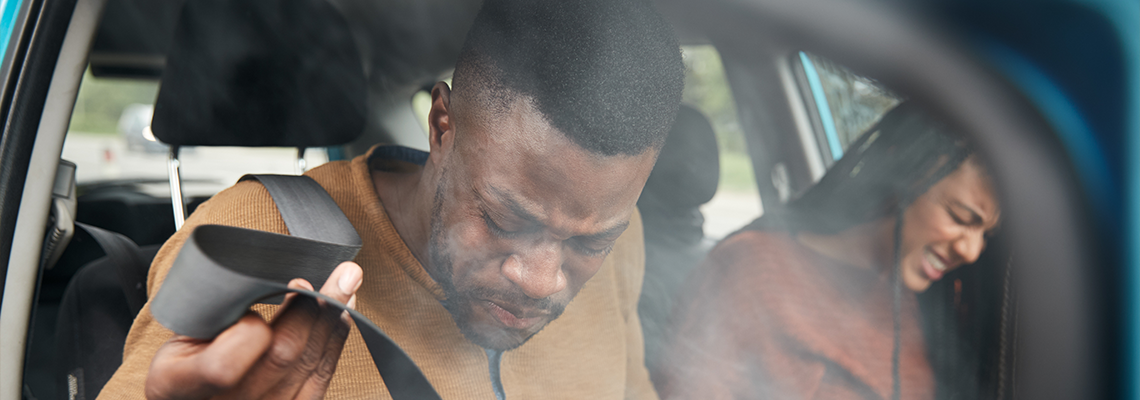
What to Do as an Injured Passenger
Trying to handle the aftermath of a car accident is difficult, especially when you're an injured passenger. As a personal injury lawyer at M Mathew Law Firm, PLLC, based in Dallas, Texas, I frequently encounter clients who are uncertain and anxious about their rights and the legal process that follows such unfortunate incidents. This article aims to shed light on the crucial steps you should take as an injured passenger, the complexities of fault determination in Texas, and how to file a claim effectively. If you’ve recently been involved in an auto accident, reach out to me as soon as possible for legal representation and guidance that is tailored to your unique circumstances.
Understanding Fault Determination in Texas
In my years of practicing law at M Mathew Law Firm, PLLC, I've come across numerous cases where understanding who is at fault can be a complex issue, especially when you're a passenger who has been injured. In Texas, we operate under what's known as the Modified Comparative Fault system. Basically, this means that the responsibility for an accident can be divided among all the parties involved, not just limited to one party.
For instance, if you're in a car accident and the court determines that the other driver was 80% at fault, but you were 20% at fault, you could still recover damages. However, your compensation would be reduced by your percentage of fault. So, if your total damages were $10,000, you could potentially recover $8,000 after the 20% reduction.
It's important to remember that in Texas, if you are found to be 51% or more at fault, you won't be able to recover anything. This is why it's crucial to have a thorough understanding of how fault is determined and how it impacts your claim.
Filing a Claim as an Injured Passenger
When you're injured as a passenger, it can feel overwhelming trying to figure out how to get the compensation you need for your medical bills, lost wages, and other expenses. The first step is to file a claim with the at-fault driver's insurance company. It's important to note that you can file a claim against both drivers if more than one driver is at fault.
In my firm, we often assist clients in gathering evidence to support their claims. This might include police reports, medical records, witness statements, and any other documentation that can establish liability. We also help in calculating the full extent of your damages to ensure you're not settling for less than what you deserve.
Passenger Liability
Now, you might be wondering, "Can a passenger be held liable?" The answer is yes, although it's relatively rare. As a passenger, you could potentially be found partially at fault if you willingly got into a vehicle with an intoxicated or reckless driver or if you did something to distract the driver leading to the accident.
However, it's important to remember that each case is unique. Just because you were in the car doesn't automatically mean you share the blame. It's essential to consult with an experienced attorney who can explain these nuances to you and defend your rights.
Steps to Take If You're an Injured Passenger
If you find yourself injured in an accident, there are some key steps you should take. First and foremost, seek immediate medical attention, even if you feel fine. Some injuries can take time to manifest. Secondly, cooperate with the police and provide a detailed account of the accident.
Collect as much information as possible at the scene, including the drivers' contact and insurance information, photos of the scene, and contact info of any witnesses. Lastly, reach out to a seasoned attorney. At M Mathew Law Firm, PLLC, we guide our clients through these steps, ensuring they are well-equipped to handle the aftermath of an accident.
Reach Out for Legal Counsel
Remember, as an injured passenger, you have rights. Understanding the legal process can be challenging, but you don't have to do it alone. At M Mathew Law Firm, PLLC, I’m here to help every step of the way. Contact me today to pursue fair and full compensation for your injuries.
